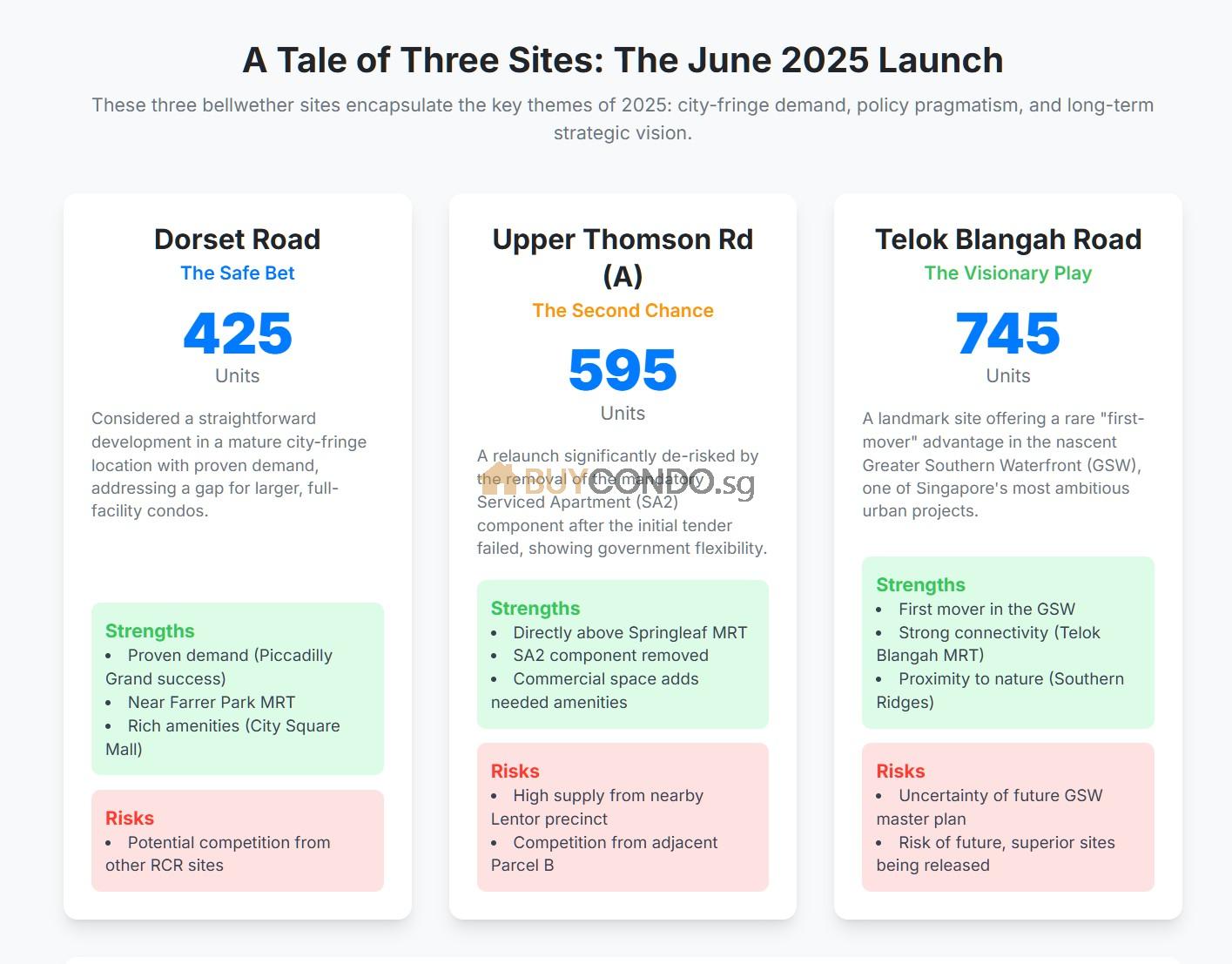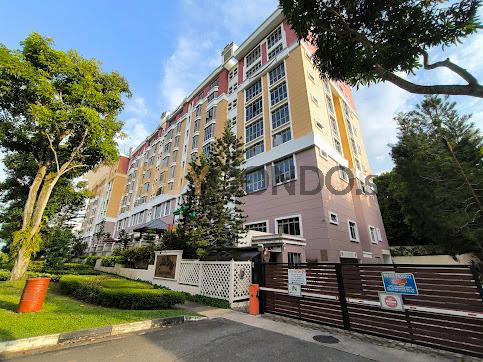Guide to Taxes for Expats Working in Singapore
Guide to taxes for expats working in Singapore. Whether you are a foreign professional or an expatriate entrepreneur, understanding your tax obligations is crucial for a smooth and compliant experience in Singapore. In this guide, we will provide you with essential information on tax filing obligations, deductions to save taxes, and navigating the Singapore tax system.
Key Takeaways: Guide to Taxes for Expats Working in Singapore
- Expats working in Singapore have tax filing obligations that must be fulfilled.
- Understanding tax residency is essential for determining your tax obligations.
- Expats can benefit from various tax deductions and reliefs to optimize their tax situation.
- Navigating Singapore’s tax system can be made easier through proper record-keeping and utilizing digital services.
- Consulting professionals experienced in expat tax matters can provide personalized assistance.
Understanding Tax Residency and Filing Obligations
For expats working in Singapore, understanding tax residency and filing obligations is crucial to ensure compliance with Singapore’s tax regulations. Tax residency determines how much tax an individual is liable to pay and is based on the period of stay in Singapore. Expats who stay in Singapore for at least 183 days in a calendar year are considered tax residents and are subject to tax on their worldwide income. On the other hand, expats who stay in Singapore for less than 183 days are considered non-residents and are only taxed on income derived from Singapore.
To determine tax residency status, expats can refer to the guidelines provided by the Inland Revenue Authority of Singapore (IRAS). Factors such as the duration of stay, employment type, and intention to make Singapore their home are taken into consideration. It is important for expats to accurately determine their tax residency status as it affects their filing obligations and the tax rates applicable to them.
Expats who are tax residents in Singapore are required to file their tax returns by April 15th of the following year. The tax return should include all sources of income, both local and foreign. It is essential to keep proper records of income, deductions, and reliefs claimed to ensure accurate filing. Failing to do so may result in penalties or additional taxes.
When leaving Singapore permanently, expats must obtain tax clearance from the IRAS. Tax clearance ensures that all tax liabilities have been settled before departure. This includes filing the final tax return, paying any outstanding taxes, and settling any tax obligations under the Not Ordinarily Resident (NOR) scheme. Failure to obtain tax clearance may result in difficulties in future visits to Singapore or legal consequences.

Understanding tax residency and filing obligations is essential for expats working in Singapore. By adhering to the guidelines set by the IRAS and accurately filing tax returns, expats can ensure compliance with Singapore’s tax regulations and avoid any potential penalties or legal issues.
Frequently Asked Questions
- Q: How do I determine my tax residency status in Singapore?
- A: Tax residency in Singapore is determined by factors such as the duration of stay, employment type, and intention to make Singapore your home. You can refer to the guidelines provided by the IRAS or seek professional advice to accurately determine your tax residency status.
- Q: What are the filing obligations for expats in Singapore?
- A: Expats who are tax residents in Singapore are required to file their tax returns by April 15th of the following year. The tax return should include all sources of income, both local and foreign.
- Q: Do I need to obtain tax clearance when leaving Singapore?
- A: Yes, expats who are leaving Singapore permanently need to obtain tax clearance from the IRAS. This ensures that all tax liabilities have been settled before departure.
“Understanding tax residency and filing obligations is crucial for expats in Singapore. By complying with the guidelines set by the IRAS and accurately reporting their income, expats can avoid any potential legal issues and ensure their tax affairs are in order.”
– Tax Expert
| Tax Resident | Non-Resident |
|---|---|
| Taxed on worldwide income | Taxed only on income derived from Singapore |
| File tax returns by April 15th | File tax returns if income is derived from Singapore |
| Subject to progressive tax rates | Subject to flat tax rate of 15% |
Tax Rates and Deductions for Expats in Singapore
Expats working in Singapore are subject to specific tax rates and can use various deductions to optimize their tax situation. Understanding these rates and deductions is crucial for expats to fulfill their tax obligations and maximize tax savings.
Tax Rates for Expats in Singapore:
Expats in Singapore are taxed based on a progressive tax rate system. This means that the tax rate increases as the income level rises. The tax rates for resident and non-resident individuals differ, with residents benefiting from lower tax rates. As of the current tax year, the tax rates for resident individuals range from 0% to 22%, while non-residents are subject to a flat rate of 15%.
Tax Deductions for Expats in Singapore:
Expats can claim various deductions to reduce their taxable income and save on taxes. Some common deductions available to expats include employment-related expenses, such as professional development courses and business travel expenses. Additionally, expats may be eligible for tax reliefs, such as the Parent Relief or the Qualifying Child Relief, if they have dependents.
To ensure accurate deductions, expats should keep proper records of their eligible expenses and provide supporting documents when filing their tax returns. Consulting a tax professional or referring to the official website of the Inland Revenue Authority of Singapore (IRAS) can provide further guidance on the specific deductions and reliefs applicable to expats.
| Tax Resident Rate | Non-Resident Rate |
|---|---|
| 0% – $20,000 | 15% |
| 1% – $10,000 | – |
| 2% – $10,000 | – |
| 3.5% – $40,000 | – |
| 7% – $40,000 | – |
| 11.5% – $40,000 | – |
| 15% – $40,000 | – |
| 19% – $40,000 | – |
| 22% – Above $320,000 | – |
Table: Tax rates for expats in Singapore
When it comes to navigating the tax system in Singapore, expats need to be well-informed and prepared. Understanding Singapore tax laws for expatriates is crucial to ensure compliance and optimize their tax situation. With the right knowledge and guidance, expats can navigate the system with ease and avoid any potential pitfalls.
One of the first steps for expats is understanding their tax filing obligations. In Singapore, individuals are required to file their tax returns by April 15th of each year. Expats should ensure they have all the necessary documents and information ready, including income statements, employment pass details, and any eligible deductions or reliefs they may claim. Filing tax returns accurately and on time is essential to avoid penalties and ensure a smooth tax process.
Expats can also benefit from using digital services for tax filing and payment. The Inland Revenue Authority of Singapore (IRAS) provides an online platform, known as myTax Portal, where individuals can file their taxes electronically. This digital platform offers a convenient and efficient way to manage tax matters, allowing expats to complete their filings from the comfort of their homes or offices. Additionally, it provides a secure and reliable method for online payment of taxes.
Keeping proper records is another key aspect of navigating Singapore’s tax system. Expats should maintain organized and accurate records of their financial transactions, employment income, and any deductions or reliefs claimed. These records will serve as supporting documents during tax audits or assessments. By keeping proper records, expats can easily provide necessary information when required and demonstrate their compliance with tax regulations.
Table: Tax Filing Deadlines for Expats in Singapore
| Tax Year | Tax Filing Deadline |
|---|---|
| 2021 | April 15, 2022 |
| 2022 | April 15, 2023 |
| 2023 | April 15, 2024 |
By understanding the intricacies of Singapore’s tax system and following the guidelines provided by the IRAS, expats can navigate the tax landscape with confidence. It is advisable for expats to seek professional assistance from tax experts who specialize in handling tax matters for expats in Singapore. These experts can provide personalized advice, ensure compliance with tax laws, and help optimize tax savings. Navigating the tax system may seem daunting at first, but with the right knowledge and support, expats can successfully manage their tax obligations in Singapore.
Conclusion
In conclusion, this comprehensive guide serves as an invaluable resource for expats working in Singapore, providing them with a complete understanding of their tax obligations. With a clear grasp of tax residency, filing obligations, tax rates, and deductions, expats can navigate the intricate Singapore tax system with confidence.
By adhering to the Singapore tax regulations for expats, individuals can ensure compliance and avoid unnecessary penalties. Furthermore, armed with knowledge of taxation rules for expats in Singapore, they can make informed decisions to optimize their tax situation and potentially save on taxes.
While this guide offers a thorough overview, it is important to note that tax matters can be complex and specific to an individual’s circumstances. For personalized assistance, it is highly recommended that expats consult professionals experienced in handling tax matters for expats in Singapore. These experts can provide tailored advice and guidance on filing obligations, deductions, and any other tax-related queries.
FAQ
What are the tax filing obligations for expats working in Singapore?
Expats working in Singapore are required to file their tax returns if they are considered tax residents or have earned income in Singapore. Non-residents are only required to file if they have earned Singapore-sourced income that is not tax-exempt.
How do I determine my tax residency status in Singapore?
Your tax residency status is determined by the number of days you have spent in Singapore. If you have stayed in Singapore for at least 183 days in a calendar year or continuously for three years, you will be considered a tax resident. Otherwise, you will be considered a non-resident.
What is the deadline for filing tax returns in Singapore?
The deadline for filing tax returns in Singapore is typically April 15th of the following year for paper filing and April 18th of the following year for e-filing.
Why is tax clearance important when leaving Singapore?
Tax clearance is important when leaving Singapore because it ensures that all outstanding taxes are settled before you depart. It involves obtaining a Tax Clearance Certificate from the Inland Revenue Authority of Singapore (IRAS) to confirm that you have met your tax obligations.
What are the tax rates applicable to expats working in Singapore?
Expats working in Singapore are subject to progressive tax rates ranging from 0% to 22%. The tax rates increase as your income increases.
What deductions can expats claim to save on taxes?
Expats in Singapore can claim various deductions and reliefs, including employment expenses, donations, parental care expenses, and qualifying child relief. These deductions can help reduce their taxable income and save on taxes.
Expats can navigate Singapore’s tax system by understanding tax forms and deadlines, keeping proper records of their income and expenses, and utilizing digital services offered by the IRAS for tax filing and payment.













